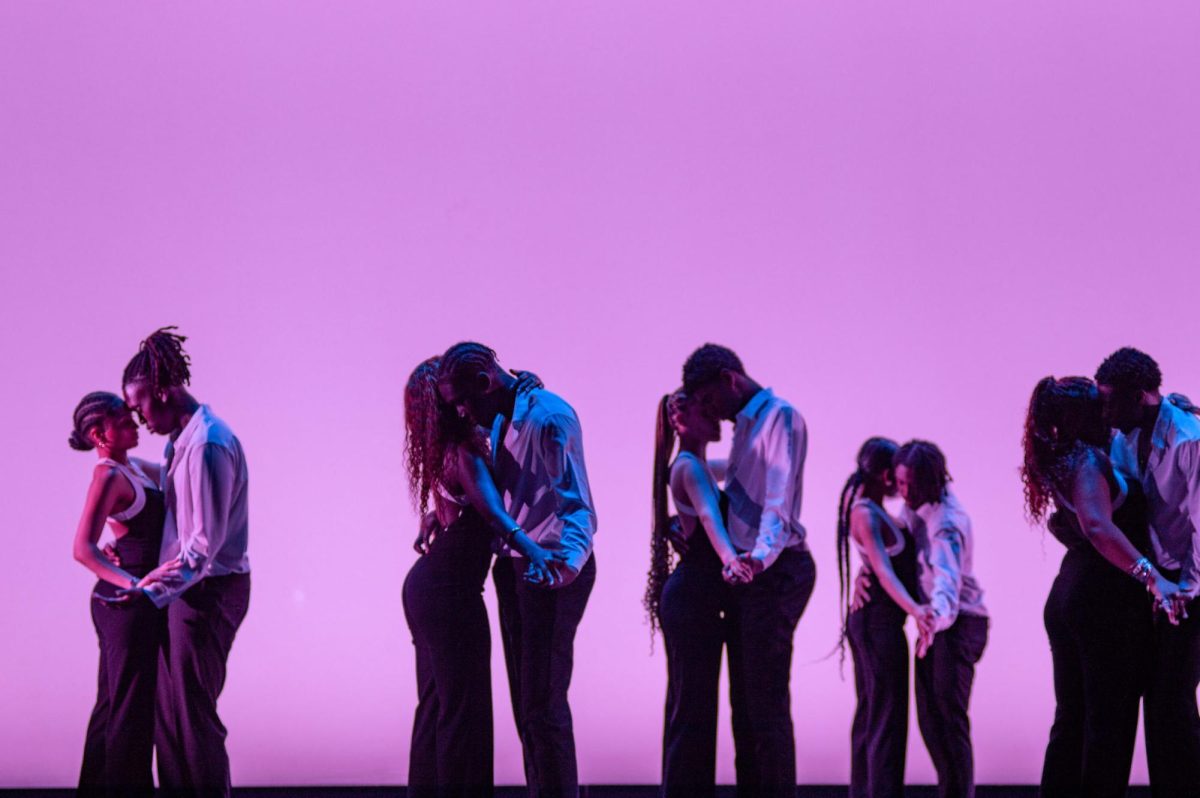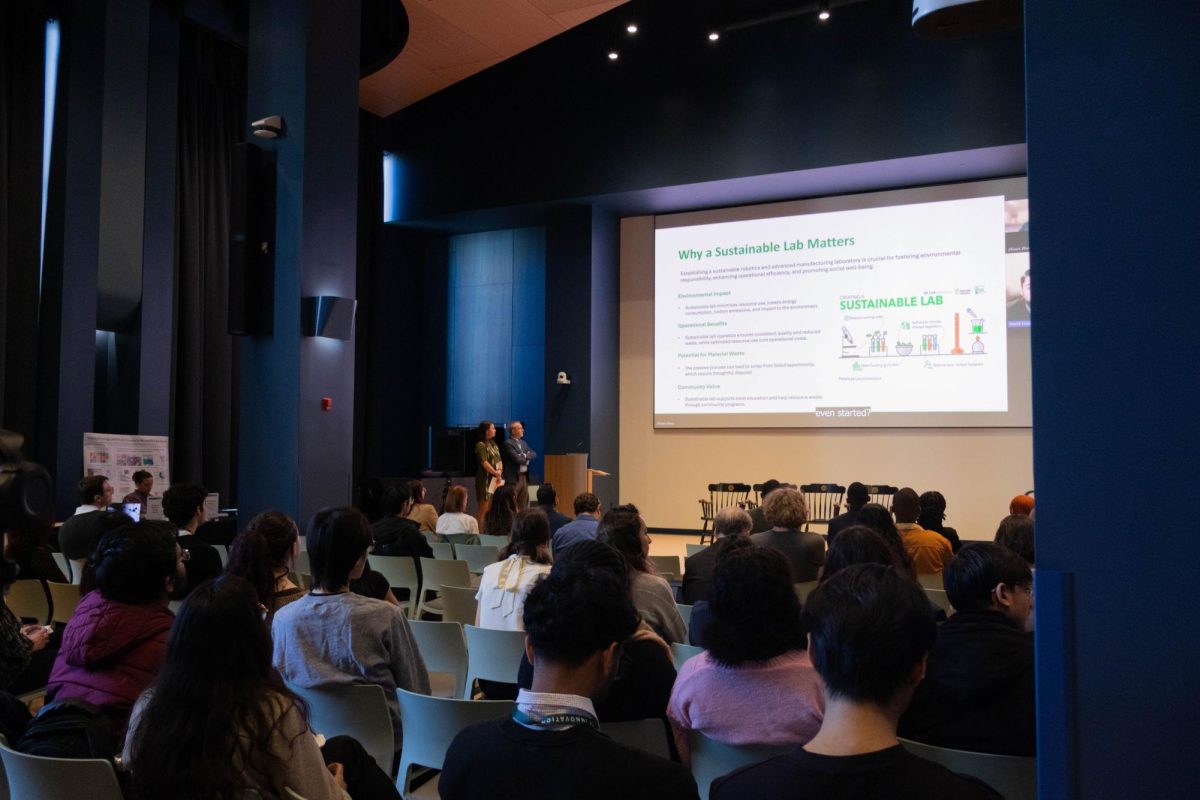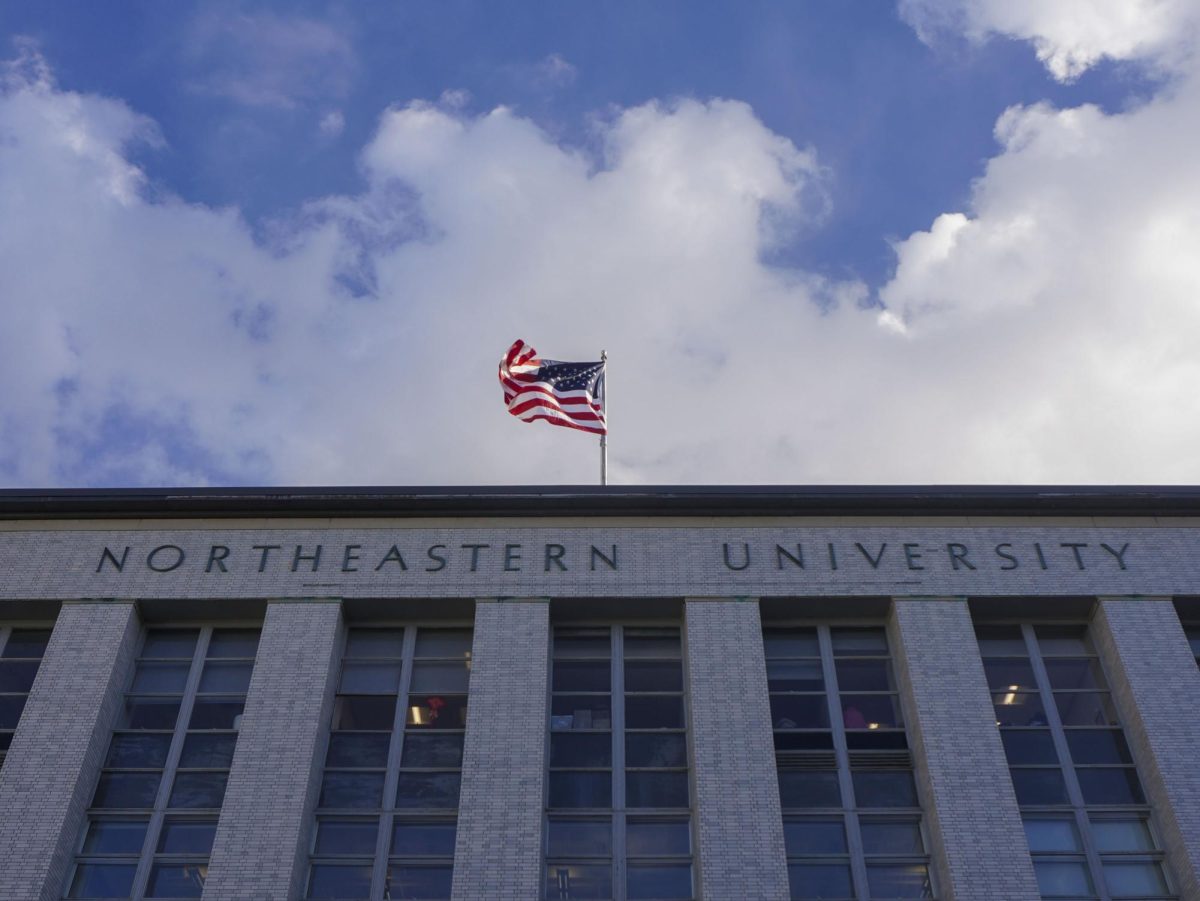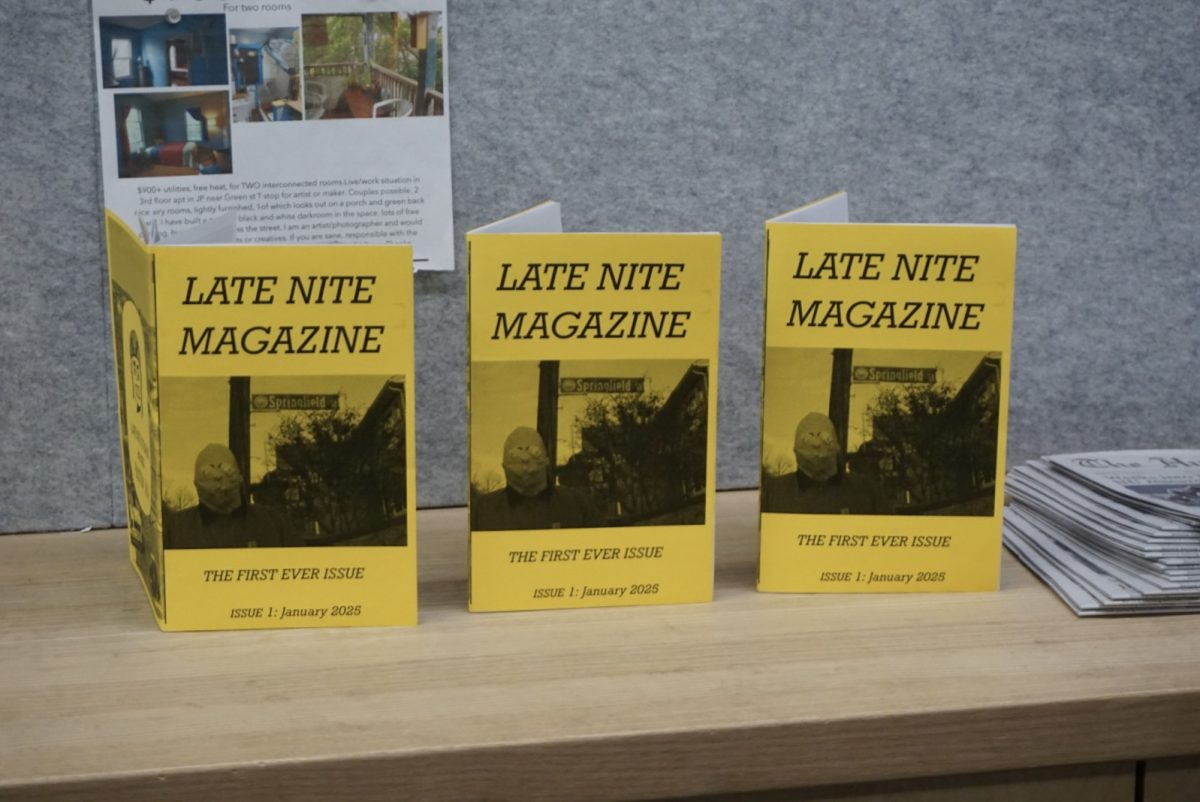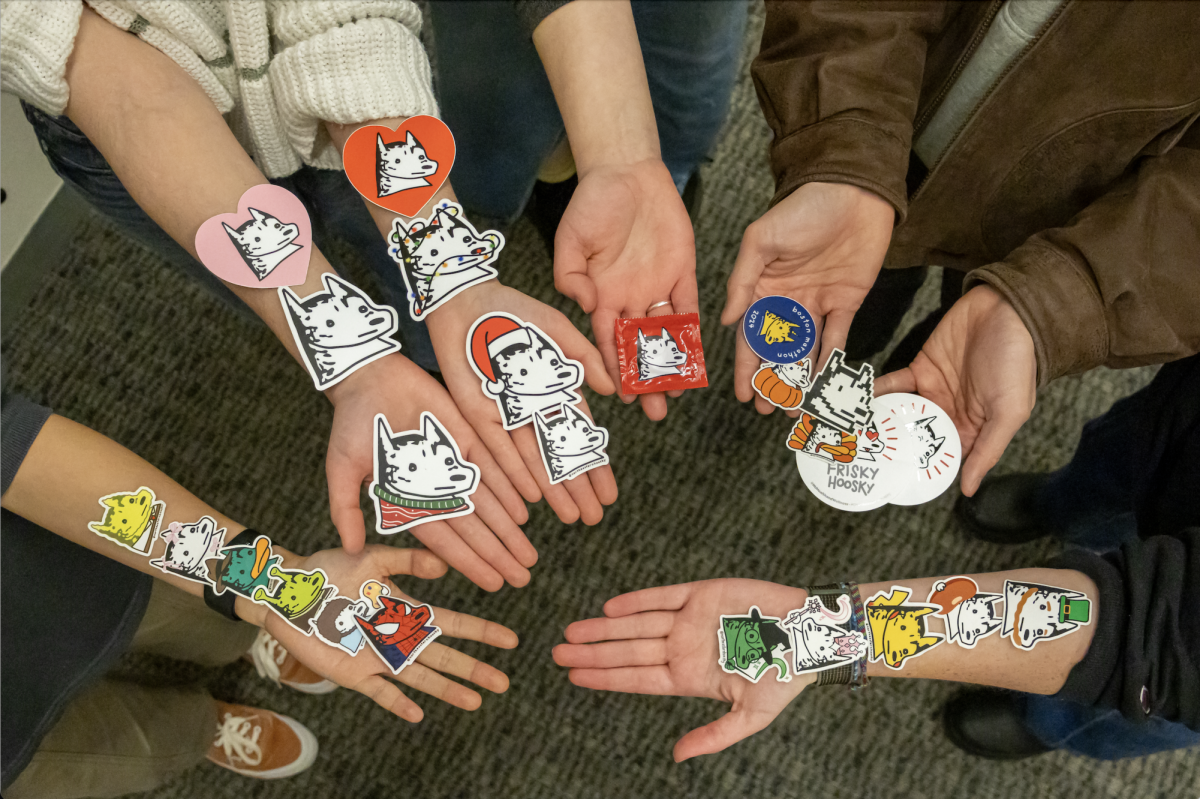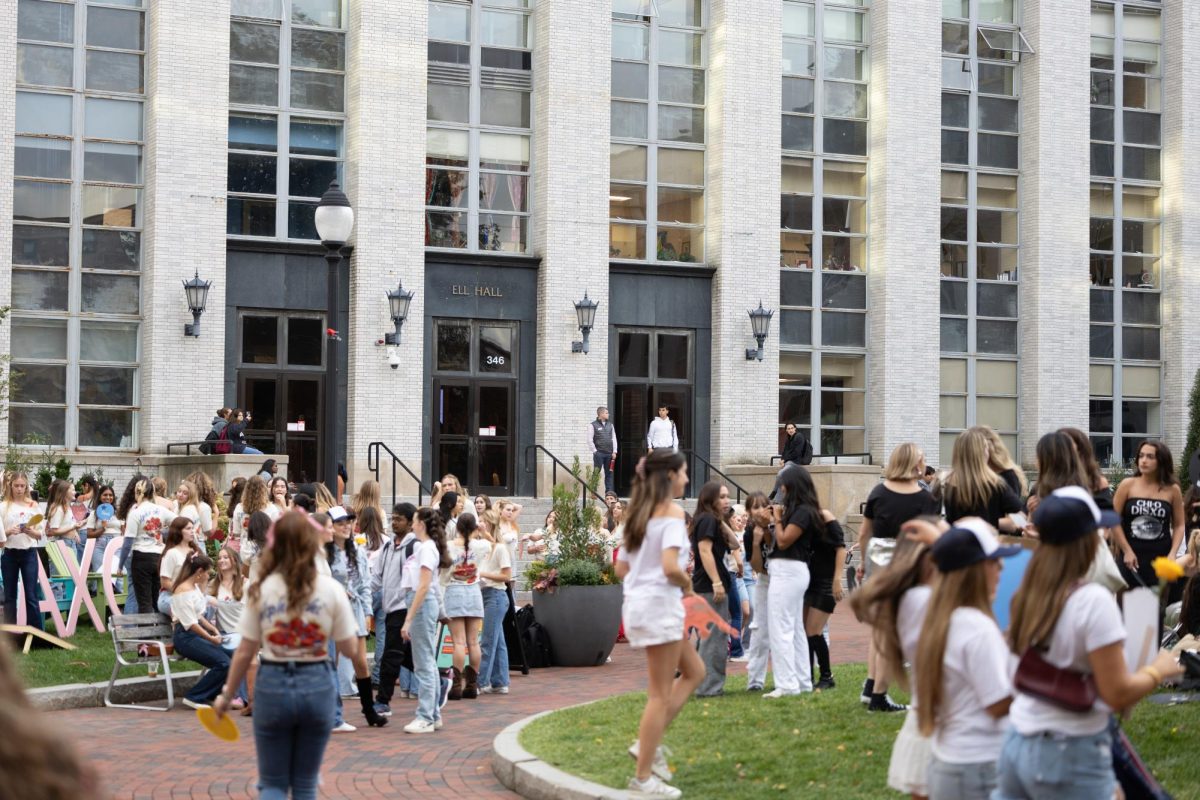By Chris Brook
Hand in hand with the tree lighting in Boston Common and the baubles, wreaths and lights strung up in Faneuil Hall year after year, the Boston Symphony Orchestra’s annual performance of Handel’s Messiah has become etched into history as a city-wide holiday tradition.
Currently in their 190th season, the Handel and Haydn Society of Boston is celebrating its 151st consecutive year of Messiah performances this December at Boston Symphony Hall, located at the edge of Northeastern where Huntington Avenue intersects Massachusetts Avenue.
“Messiah has a universal message,” said Gregg Sorenson, director of marketing and public relations at the Handel and Haydn Society. “It’s uplifting, comforting and speaks of peace.”
Sorenson predicted this year’s turnout to be anywhere between 8,000 to 10,000 per show, citing the nation’s poor economy and other Boston attractions such as “The Lion King” and “The Radio City Rockettes Christmas Spectacular” as competition.
Now America’s oldest performance arts organization, the Handel and Haydn Society considers Messiah the signature performance of their September to May calendar year.
“Messiah helps put [the holidays] in context, with the first third of the performance talking about Christmas and the other two-thirds talking about Christ’s death,” said Gail Abbey, one of the choir’s sopranos. “I think that it struck me after 2001’s performance, after 9/11, the soloists, the choir, the Hallelujah chorus, it’s one joyous celebratory piece, it brings people together.”
Shortly after 3 p.m. this past Saturday, nearly 10,000 of Boston’s best-dressed men and women with their children in tow filed into Symphony Hall to kick off this year’s Messiah concert series. Like a well-oiled machine, a grand total of 67 orchestra and chorus members took the stage and under the watchful eye of veteran conductor John Finney, came together to create swelling surges of strings and majestic vocal crescendos.
Thirty-five minutes into “Part the First,” while orchestra members let their bows dance across their violins and cellos, the chorus rejoiced the “Prince of Peace.” The men on stage right and women on stage left traded off vocals in an almost duel-like fashion, yet gracefully came back together in the end.
Amidst the choruses, four world reknowned soloists, soprano Heather Buck, contralto Sonia Sasseville, tenor William Hite and bass Kevin Deas took center stage and belted out lines from the 1741 composition.
Forty-five minutes into the set, a side panel in the wall adjacent to the orchestra opened and Jesse Levine and Paul Perfetti emerged blaring 1700s style trumpets. Between the triumphant brass blasts, Buck, in a shimmering brown gown, and Sasseville, in a flowing maroon dress with black trim, sang a duet: “He shall feed his flock like a shepherd and He shall gather the lambs with His arm, and carry them in His bosom and gently lead those that are with young.”
Around the two hour mark and after a brief 15-minute intermission, speeding strings built up to a solo by Deas, an acclaimed American bass. Deas’ sonic voice pierced Symphony Hall as he sang a passage about “nations furiously raging together” from Psalm II.
Twenty minutes later, Messiah’s trademarked “Hallelujah” trailed and, following tradition, hundreds of spectators rose to their feet and cheered along with the rejoicing.
Messiah’s culmination came in early two-and-a-half hours after its start in the form of a passage from the New Testament’s Revelation and then, complemented by crashing timpani rolls and trumpets sounding, a soaring Amen courtesy of the choir.
The nearly-packed house rose to their feet and applauded from the Hall’s guilded balconies.
What adds to Messiah’s uniqueness, however, is its “historical accuracy,” Sorenson said. The nearly three-hour piece is meticulously done according to Handel’s 1741 guidelines.
For instance, each instrument in the orchestra is either an antique or a replica of the actual instruments used in the 18th century. For example, vibrato, a device commonly found on violins that causes the pitch of a note to go up and down quickly, is not used in Messiah because it was not widely implemented in classical music until the dawn of the 20th century.
Furthermore, keeping with the historical context in Messiah, the trumpets have no valves and the oboes have very few keys because that is the way the instruments were in the 18th century.
“When the music is written at the hands of a genius, someone so inspired like Handel, it reaches this undeniable level as the years go by,” said Murray Kidd, one of the choir’s tenors. “It’s the most amazing music set to those words, accessible to those who may not be familiar with classical music or Messiah — It transcends time and cultural backgrounds.”
Initially composed by German-born British Baroque composer George Frederic Handel, in 1741, Messiah is a sprawling oratorio that draws a number of quotations from both the New and Old Testament. Depressed that his Italian operas were losing popularity in London, Handel composed Messiah in a mere 21 days by setting a collection of Charles Jennens’ biblical verses to music.
Messiah made its debut at a charity concert in Dublin in April of 1742, yet underwent countless last minute alterations by Handel to suit the needs of the moment.
In 1818, Boston saw Messiah’s American premiere courtesy of the Handel and Haydn Society, but it wasn’t until 1854 that the society began its series of annual performances at the city’s historic Symphony Hall.
There are two performances remaining in the Handel and Haydn Society’s annual Messiah concert series: this Friday at 7:30 p.m. and Saturday at 3 p.m. at the Boston Symphony Hall, 300 Massachusetts Ave. Tickets are $15 with a student ID, otherwise they range from $30-$77.


